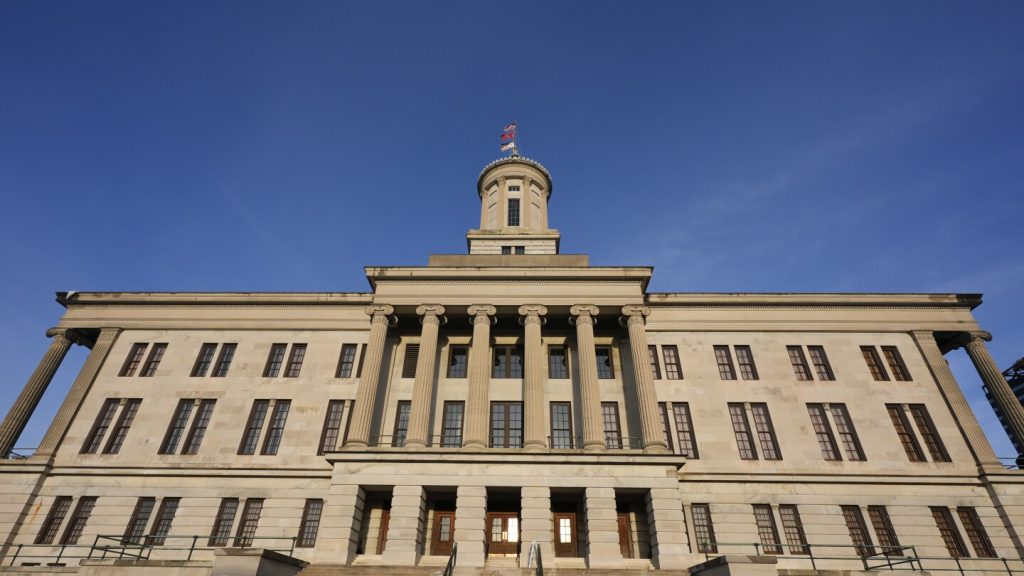The Tennessee Senate has made changes to a proposed bill that initially aimed to shield the state’s tourism records from public view. This bill, supported by Republican Governor Bill Lee, had raised concerns among open government advocates as it could potentially allow tourism records to be hidden for 10 years, leading to fears of potential destruction of important information. In response to these concerns, the Senate revised the bill to allow certain sensitive tourism records to be exempt from the 10-year waiting period if specific conditions are met, such as the conclusion of events or expiration of contracts. However, the proposed changes also prevent the destruction of these records during the 10-year period.
Despite the changes made by the Senate, some lawmakers still expressed reservations about adding more exemptions to public records. Republican Senator Todd Gardenhire cautioned against tinkering with open records laws, stating concerns about creating a slippery slope with exemptions. Similarly, some Democrats raised questions about the need for secrecy in tourism records and the lack of transparency in the process. The Senate ultimately voted 23-6 in favor of the revised bill, with some members expressing dissent and two choosing to vote “present”. The bill will now need to go back to the House for approval of the changes.
Tennessee currently has over 500 exemptions to public records, and the discussion around the tourism records adds to the ongoing debate on government transparency in the state. Governor Lee, who had promised to increase transparency in government, has not yet made changes to these exemptions. Documents obtained from the Department of Tourism reveal discussions about potentially hosting high-profile events like the Super Bowl, College Football Playoff championship, Wrestlemania, and World Rugby. These events could bring significant economic benefits to the state, but details on costs and negotiations have not been fully disclosed.
One major project on the horizon for Tennessee is the construction of a new enclosed stadium for the Tennessee Titans, set to be completed by the 2027 season. The stadium project in Nashville comes with a hefty price tag of $1.2 billion, making it the most expensive public commitment for a stadium. The new stadium is expected to have a capacity of around 60,000 and feature a translucent roof. The potential hosting of events like the Super Bowl and Wrestlemania could further boost the state’s economy, but concerns remain about the transparency and accountability in the process.
Overall, the debate surrounding the proposed bill highlights the tension between protecting sensitive information and ensuring transparency in government operations. As Tennessee continues to attract high-profile events and make significant investments in infrastructure, the balance between secrecy and public accountability will remain a key issue for lawmakers and advocates. The outcome of the bill’s passage will determine how the state handles its tourism records and the level of access granted to the public in the future.


